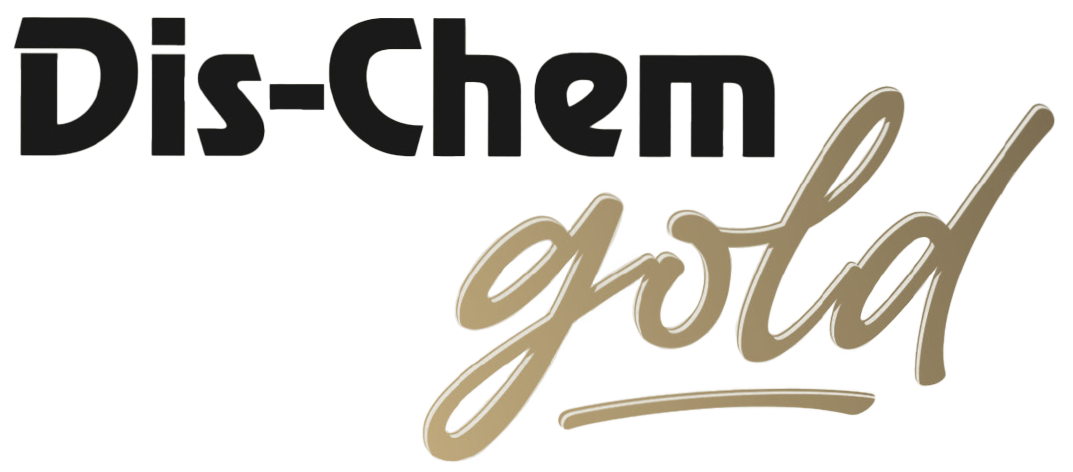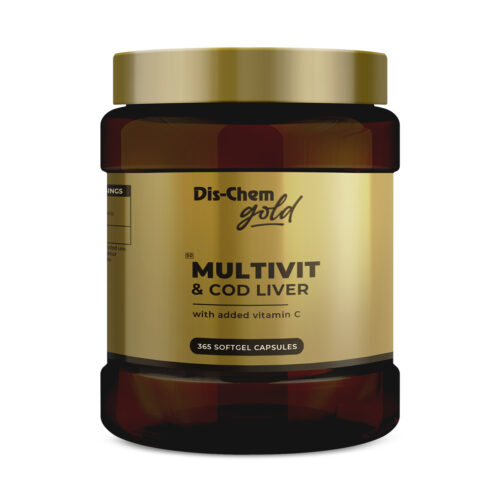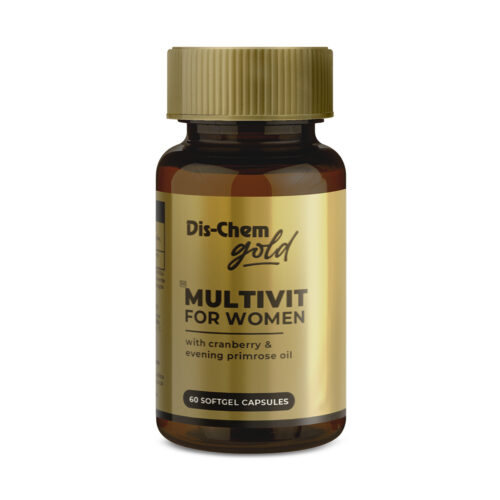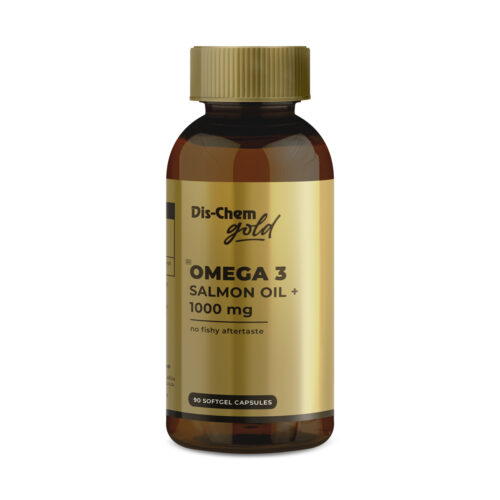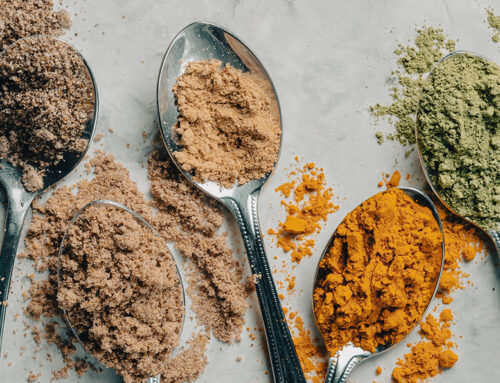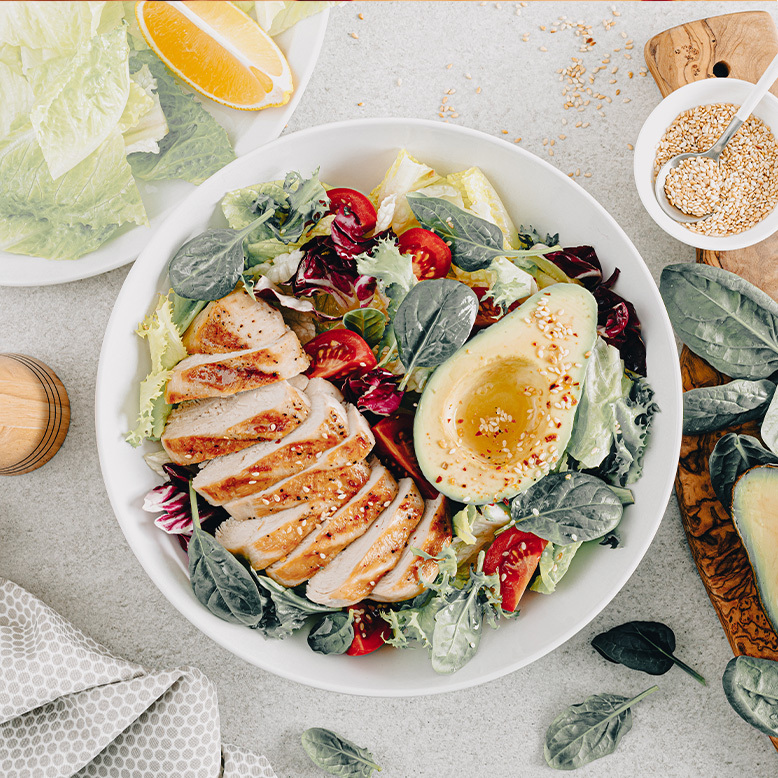In today’s age of mass food production and convenience, our modern diets often have nutritional gaps in many of the important vitamins and minerals our bodies need to function optimally
Even the fresh, whole foods we eat can be deficient in these vital micronutrients due to a number of factors. For instance, commercial farming depletes soil of minerals, which subsequently reduces the micronutrient content of our foods. This is largely due to over-farming and the overuse of pesticides.
Antonia De Luca, a raw food chef who owns the Leafy Greens raw and organic food cafe, explains that our soils have become so depleted that we now need to eat more to get the same degree of nutrients we did 100 years ago.
Similar issues arise with dairy and cattle farming, with meat today fattier and dairy products higher in oestrogens than in the past. We also need to remember that when commercially-grown natural, living food is picked or slaughtered, it starts to degrade. This continues while it’s being transported to stores, even if it was frozen.
“There is strong evidence to suggest that stages of ripeness, and food preservation, transportation, storage and preparation methods are major drivers of nutrient depletion in healthy foods,” explains Christelle Bekker, National Technical Compliance Manager at Dis-Chem Pharmacies.
“Modern life also exposes us to more pollutants and stress, which makes the need for quality nutrition so much greater,” adds Antonia.
What’s more is that the cooking process also robs natural foods of many of their nutrients, with up to 80% of a food’s nutrient content lost when cooking at temperatures of 160°C and above.
Christelle says it is also important to remember that certain medicines can also deplete additional nutrients within the body.
Nutrient deficiency rife
This is a problem because nutrients are essential for the proper functioning of the human body, including immune system function, and they also detoxify and repair our cells to protect us from chronic diseases.
Yet, the World Health Organization estimates that more than two billion people around the world suffer from micronutrient deficiency. While global poverty levels contribute to this figure, modern diets that contain less natural foods and more overly processed, refined and convenience options have also created an overweight, unhealthy, nutritionally-deficient population, many of whom develop diseases such as cancer, diabetes, dementia and cardiovascular disease because of their ill-informed food choices.
The more common nutrient deficiencies that plague society today include a lack of vitamins A, B and D, folate, zinc, iron and iodine. A healthy diet should, therefore, be comprised of a predominance in nutrient-rich natural foods, especially plants, which can deliver a broad spectrum of micronutrients.
Finding solutions
To compensate for this loss in nutritional value, we have two options: we can eat more natural and better quality foods, or we can augment our diets with well-formulated supplements, such as the various products found in the aisles of your local Dis-Chem store.
When applying this advice in the real-world context, a combined approach is often best because buying fresh foods every week isn’t always practical.
However, bolstering your nutritional plan with natural, minimally processed foods, predominantly in the form of plants, is the best approach to improve your nutritional status.
And eating raw foods as often as possible is even better. On a gram-per-gram basis, the nutritional content of raw food may seem low from a macronutrient point of view, but the value lies in the minerals, vitamins and nutrients contained in fresh fruits and vegetables.
This ensures you can follow a diet that is low in calories but high is essential micronutrients. Eating raw food also provides important enzymes and phyto-chemicals, says Antonia. “Organic foods, for example, grown without pesticides and herbicides, can be up to 35% more nutritious than commercially-available fresh food.”
If you can’t always eat organic, aim to intelligently combine the freshest foods you can to boost the nutrient content and the range of vitamins and minerals included in your meals. In this regard, a variety of colour is always best. Green and yellow veg or a colourful salads with avocado and seeds are great options.
Superfoods add quality
It’s also worth adding nutrient-dense superfoods to your diet. “We need to include superfoods like hemp seeds or goji berries in our diets because these foods have numerous benefits. Beyond a robust nutritional profile, they also have complete protein profiles which, when supplemented into our diets, deliver all the amino acids we need,” says Antonia.
Other important superfoods to consider, according to Antonia, include blue green algae, coconut oil, camu camu berry powder and baobab powder, to name a few. A number of these products in isolated and concentrated powder forms are available in Dis-Chem stores, which you can easily add to smoothies, shakes, or sprinkle over your morning oats.
Supplement your approach
But for all the reasons already mentioned, it’s important to still to include well-formulated, comprehensive, commercially-available supplements in your nutritional regimen.
“At Dis-Chem, we sincerely believe that supplements are are designed to ‘top up’ our dietary intake of micronutrients, not necessarily replace natural, wholesome foods,” explains Christelle.
“Ensuring a good diet first, before adding supplements is always the best approach. It is also one backed by the respected Journal of the American Medical Association (JAMA). In June 2002, it made a landmark recommendation that all adults, not just athletes and highly active individuals, should take vitamin supplements in addition to eating a healthy diet.”
These should include, at the very least, a good multivitamin and mineral complex and high-quality fish oils. This is also an intelligent adjunct to healthier eating habits because even the most knowledgeable people tend to underestimate the nutritional value of the foods they eat. This is why it makes sense to include supplements as part of a healthy, natural whole food diet.
The key to selecting the most beneficial supplements is to always buy from reputable brands so that you can be certain that you’re getting what’s on the label. Ultimately, though, improving the nutrient quality (and quantity) of your diet should always be the first step on the road to optimal health. Once you have your diet right you can then turn to supplements to compensate for any shortfall or to meet your individual nutritional needs.
Bonus Tip:
Antonia also supplements her diet with juicing as this makes the nutrients in fresh organic food more bioavailable. “Juicing can therefore help to make up for the shortfall in our daily nutrient intake, without the need to physically eat all the extra food required to achieve the same levels.”
She suggests juicing with wild flowers, many of which are classified as ‘weeds’, but are packed full of healthy nutrients. “Plants like stinging nettles, dandelions, purslane and others are very nutrient dense as they haven’t been farmed and, therefore, grow in nutrient-rich soil. You can then add in things like aloe, a southern African superfood, that is great for combating ailments such as arthritis and acid build up.”
